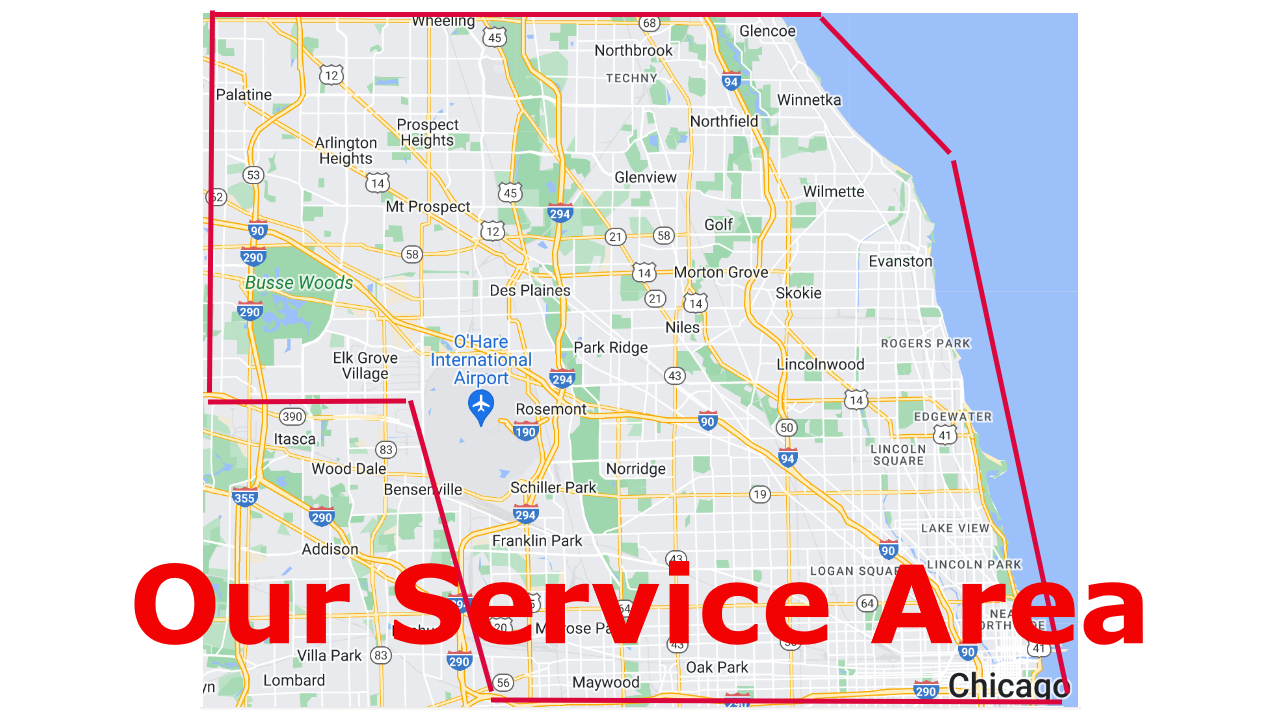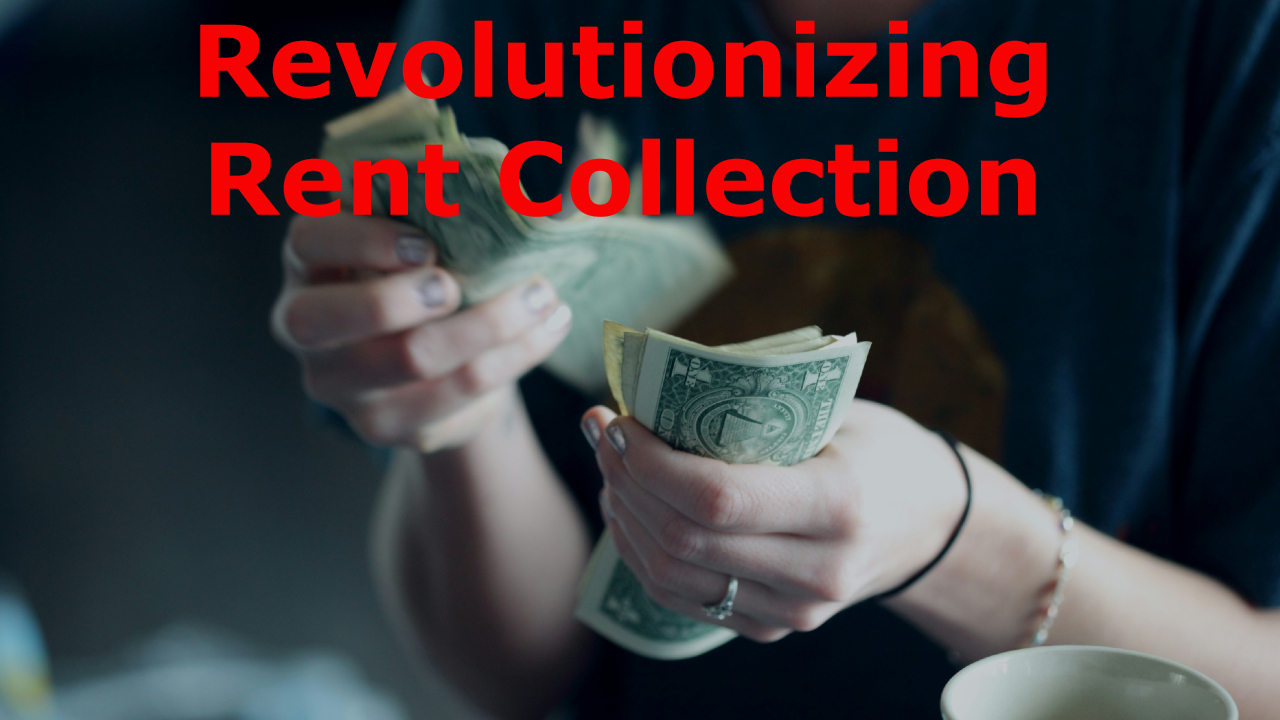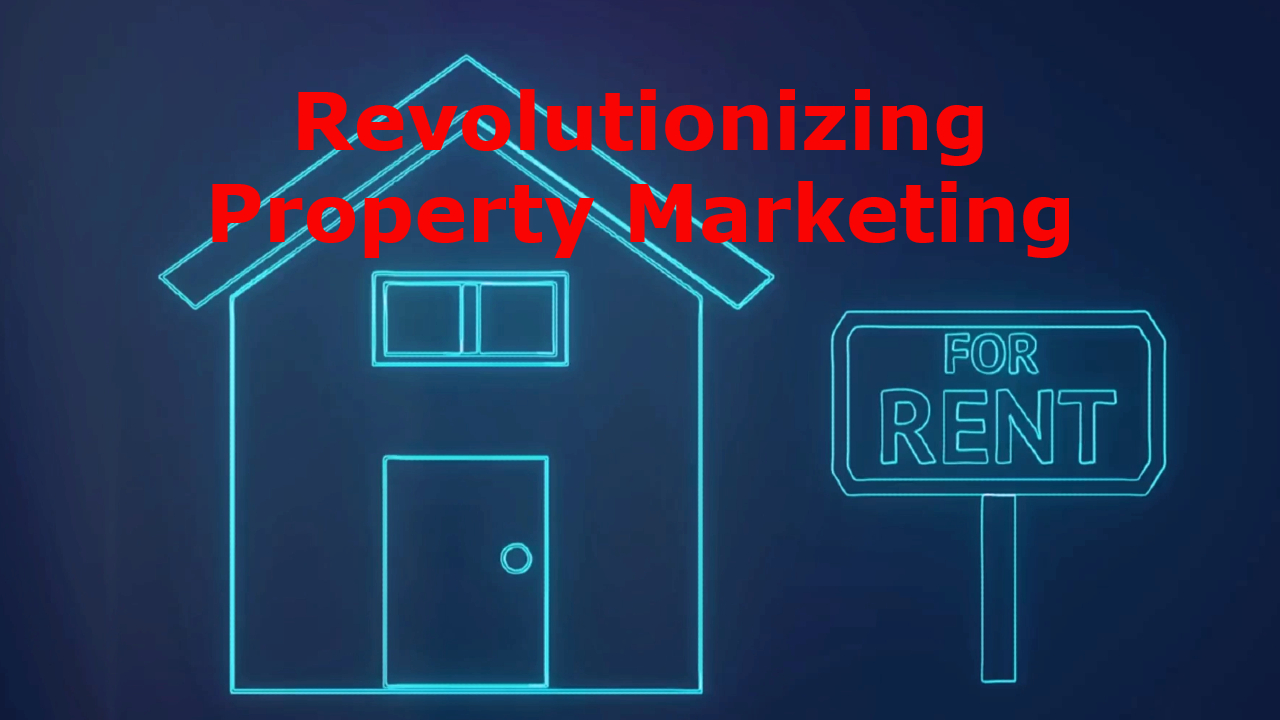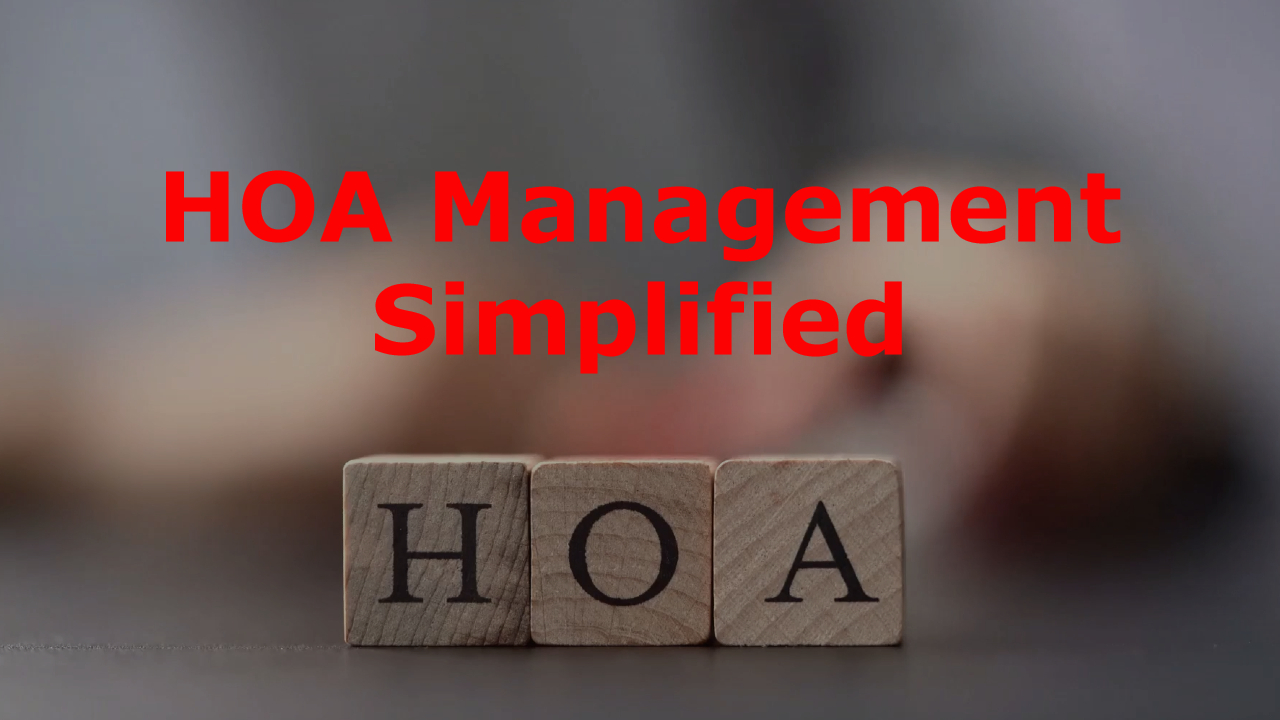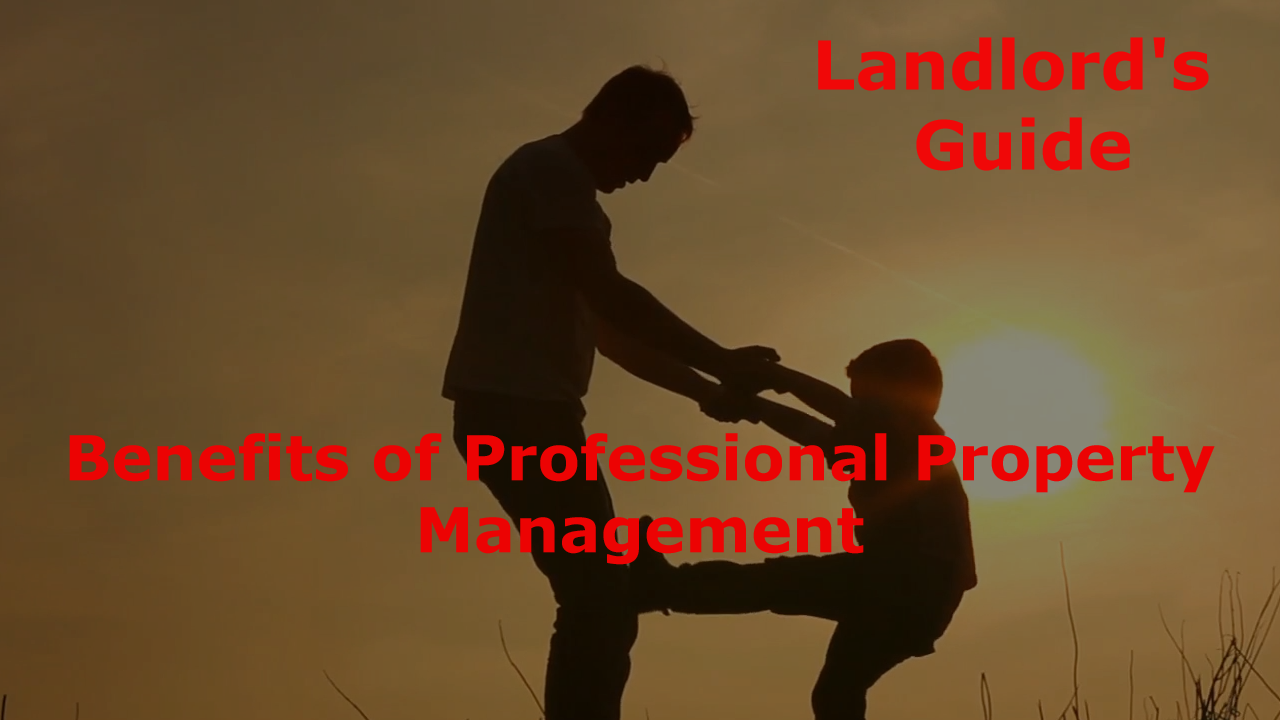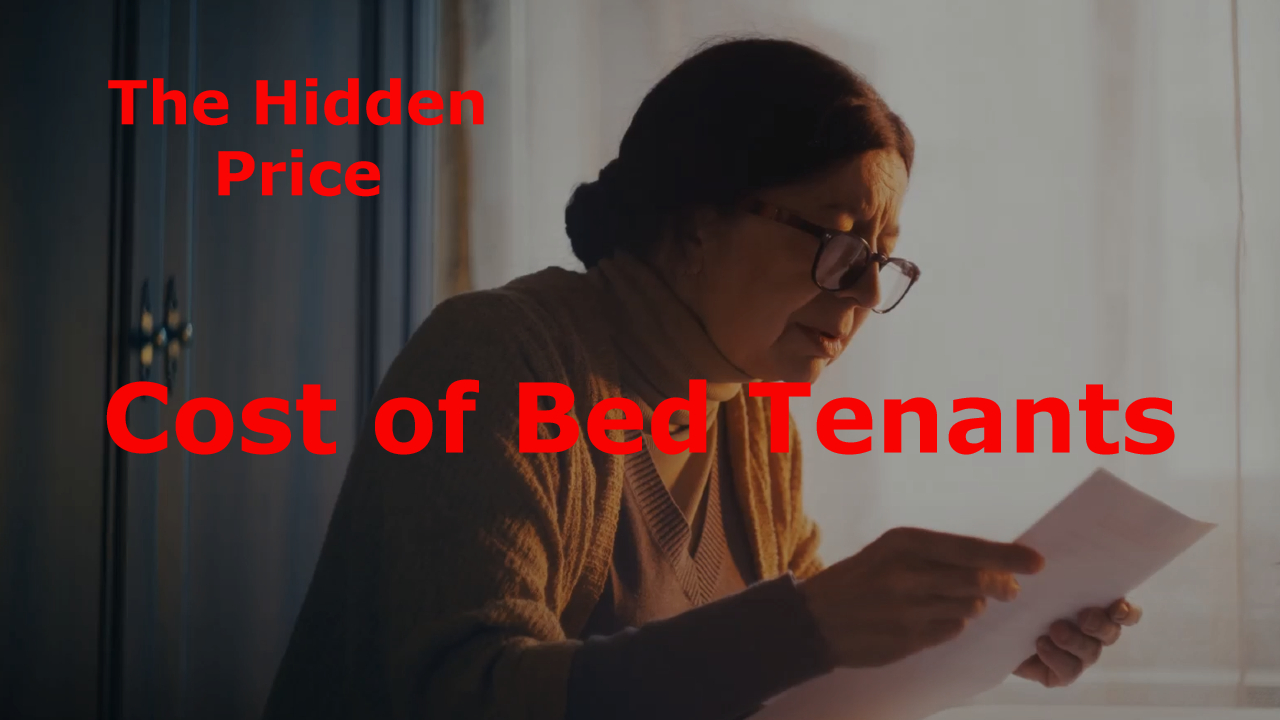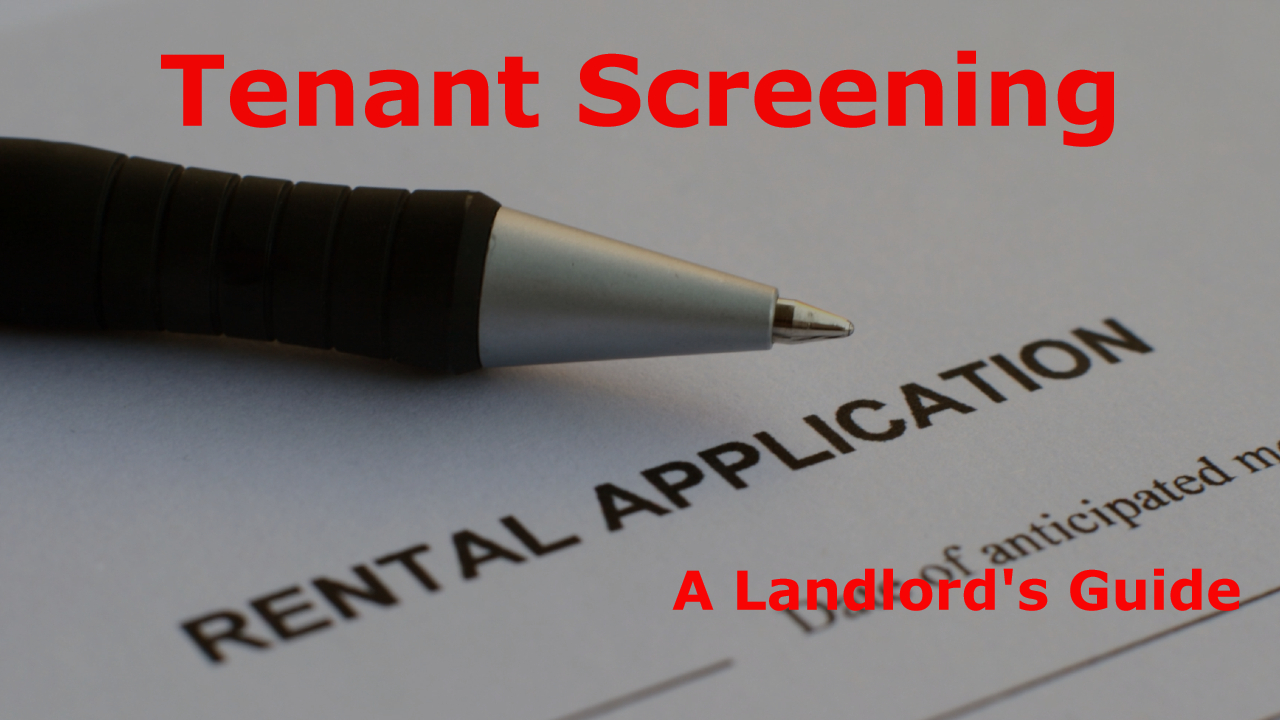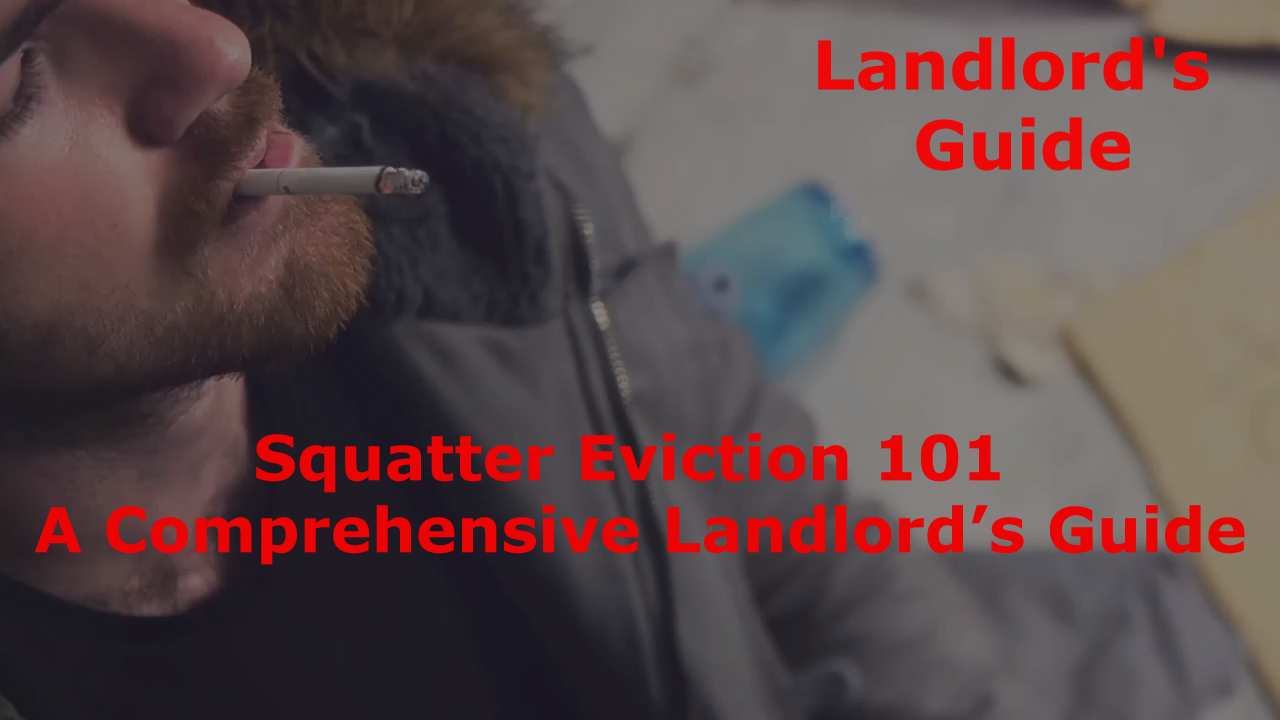Owning rental property can be rewarding, but it also comes with its fair share of legal issues. Property owners are responsible for ensuring that they comply with all applicable laws and regulations related to their properties. In this article, we will explore the various issues a property owner may face and how to deal with them.
As a property owner, understanding legal issues is critical to ensuring that you are protected from litigation and liability. Legal issues that property owners may face include:
- Fair Housing Laws: Property owners must ensure that they comply with federal, state, and local fair housing laws, which prohibit discrimination against tenants based on race, religion, sex, disability, and other protected characteristics.
Lease Agreements: Property owners must ensure that their leases comply with all applicable laws and regulations, including state landlord-tenant laws, and that the leases protect their interests.
- Evictions: Property owners must follow specific procedures when evicting tenants, including providing proper notice, filing court documents, and complying with local eviction laws.
- Maintenance and Safety: Property owners must ensure that their properties are safe and habitable, including complying with building codes, providing adequate security, and addressing maintenance issues in a timely manner.
In this article, we will explore a property owner’s responsibilities in addressing issues such as:
- Ensuring compliance with fair housing laws.
- Enforcing lease agreements.
- Handle evictions properly.
- Maintaining safe and habitable properties.
- Working with legal professionals.
We will also provide tips and best practices for property owners to successfully navigate various issues and protect their interests.
Common Legal Issues in Property Management
Property owners can face a variety of legal issues in their day-to-day operations. Here are some common legal issues they may encounter:
- Eviction: Property owners may need to initiate eviction proceedings against tenants who fail to pay rent or violate the terms of their lease.
For example: A tenant fails to pay rent and ignores multiple requests for payment. The property owner must follow the legal eviction process to remove the tenant from the property.
- Discrimination: Property owners must comply with fair housing laws to ensure that they do not discriminate against tenants on the basis of race, sex, age, or other protected categories.
For example: A property owner cannot refuse to rent to a tenant based on the tenant’s race, sex, age, or other protected class.
- Lease Violations: Property owners must enforce the terms of the lease and take action against tenants who violate those terms.
For example: A tenant violates the no-pet policy in the lease. The property owner must take action to enforce the policy and may need to initiate eviction proceedings if the tenant refuses to comply.
By understanding these common legal issues, property owners can take proactive steps to prevent them from occurring and deal with them effectively if they do occur. The following sections detail the property owner’s role in dealing with legal issues.
Role of a Property Owner in Handling Legal Issues
A property owner’s role in handling legal issues is critical to maintaining a successful rental property business. As a property owner, it is important to have a clear understanding of the laws and regulations that govern property management, as well as the common legal issues that arise in the industry.
A property owner’s legal responsibilities can vary depending on the situation, but generally include the following
– Ensuring that lease agreements comply with local, state and federal laws.
– Responding promptly and appropriately to tenant complaints and concerns to prevent problems from escalating.
– Taking legal action when necessary, such as initiating eviction proceedings for nonpayment of rent or lease violations.
– Maintain accurate and detailed records of all transactions and communications related to legal issues.
To prevent legal issues from arising, property owners should proactively ensure that all lease agreements are clear, concise and in compliance with relevant laws and regulations. Effective communication with tenants is also critical to avoiding misunderstandings and resolving issues before they escalate.
Eviction Process
Eviction is one of the most challenging legal issues facing property owners. A proper understanding of the eviction process and procedures is essential to handling it correctly. Property owners need to know the timelines, legal requirements, and procedures that must be followed when initiating an eviction process. They should also know their own limitations and hire an eviction attorney to represent them in court. A man who is his own lawyer has a fool for a client.
The property owner is responsible for initiating, but not conducting, the eviction process. When it comes to filing and conducting eviction proceedings, it is essential to have the help of an eviction attorney to ensure that the eviction is done correctly and that the outcome is desirable.
Having a clear and concise lease is crucial to avoiding legal issues related to evictions. The time to consult with an eviction attorney is before a lease is presented to the tenant, not after the tenant stops paying rent. A properly drafted lease can include many small details that can be critical to the outcome of the case. It’s also essential to communicate the terms of the agreement to tenants before they sign the lease to ensure they understand the expectations.
By understanding the eviction process, having a clear lease, and using legal counsel, property owners can handle eviction-related issues effectively and efficiently.
Discrimination and Fair Housing Laws
Discrimination and fair housing laws are critical considerations in property management. Property owners need to be aware of these laws and ensure they are in compliance to avoid legal issues. For example, effective January 1, 2023, the Illinois Human Rights Act added “source of income” as a protected class.
Discrimination refers to treating someone unfairly or differently based on their protected class. It is illegal for property owners to discriminate against tenants or prospective tenants. Fair housing laws prohibit discrimination in all aspects of housing, including advertising, renting, selling, and financing.
As a property owner, it is important to understand and comply with fair housing laws to avoid legal problems. Property owners should be aware of the protected classes and avoid any actions that could be considered discriminatory.
To prevent discrimination, property owners should take steps to educate themselves about fair housing laws. In addition, property owners should ensure that rental applications, advertisements, leases, brochures, and other documents are free of discriminatory language and comply with fair housing laws. By understanding fair housing laws, property owners can avoid legal issues related to discrimination and create a safe and welcoming environment for all tenants.
